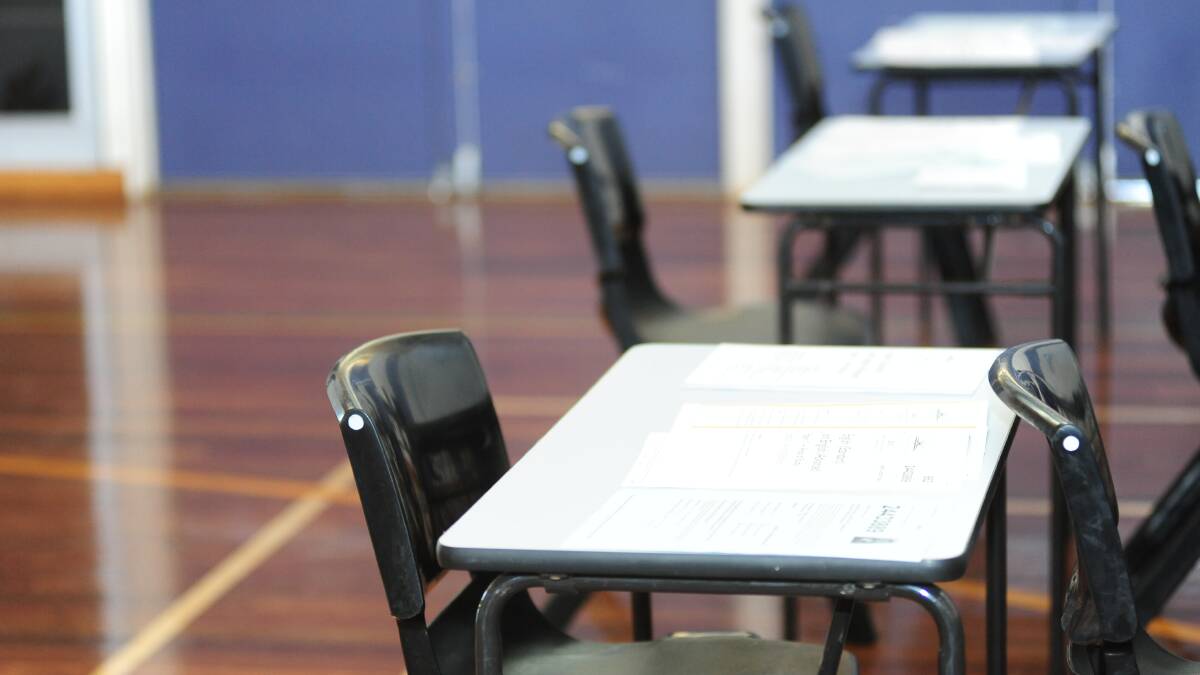
Dubbo schools have done "very well" in the 2014 NAPLAN assessment according to Director Public Schools - Macquarie, Michael Cronk, but there is still room for improvement.
Subscribe now for unlimited access.
$0/
(min cost $0)
or signup to continue reading
School-by-school results were released to the public yesterday on the My Schools website, with parents able to look at how their child's school compared to others.
The results are broken down into year groups and the different literacy and numeracy tests carried out.
"The schools are working under Local Schools, Local Decisions and also the Resource Allocation Model and both of the programs have provided schools with significant funding that can lift students' results and as a result, their NAPLAN scores," Mr Cronk said.
Students in years 3, 5, 7 and 9 sit the test each year, completing assessments on the five categories; reading, persuasive writing, spelling, grammar and punctuation, and numeracy.
The 2014 NAPLAN was sat in May 2014 with results made available to students and parents later that year.
Mr Cronk cautioned parents against using NAPLAN results as a lone indicator of the performance of students or schools.
"NAPLAN is a snapshot of how a student is performing at one point. To get an overall opinion on how students are performing, the data from teachers and principals is far more accurate," Mr Cronk said.
"One thing we don't do is teach to prepare students for a good result in NAPLAN. We think that if students are taught correctly then they should get a good result anyway."
Mr Cronk said a number of other programs with a focus on individual learning and performance been introduced that were aimed at improving learning outcomes.
He said the benefit of those should be seen in the next few years.
"There has been good growth across the Dubbo schools but there is always a way to go," he said.
A greater focus on the crucial development years between kindergarten and year 2 and more work is being done with students to establish any weak areas in their numeracy and literacy.
"Those early years are very important and that is where we have been focusing," Mr Cronk said.

